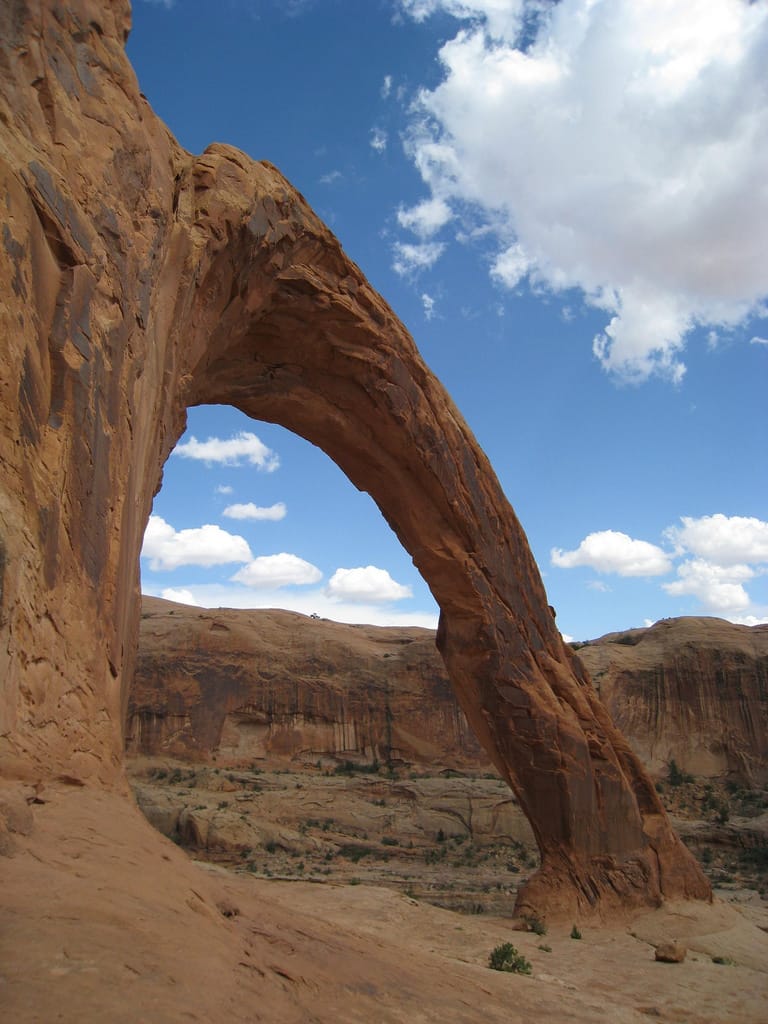| If you read the New York Times nearly 114 years ago and then stepped aboard a time machine, you might wonder what ancient relics would be left to merit the formation of a Bears Ears National Monument in the closing days of 2016. “The work of destroying the cliff dwellings in Southern Utah is now well nigh complete,” The paper said in a report on the “fast vanishing relics of prehistoric people,” published July 12, 1903. The same piece quoted Dr. James B. Weller of Chicago University, who was, “shocked when recently visiting the Utah dwellings to observe the wholesale havoc that has been made there since he explored in that region eleven years ago.” Then the paper made an assertion that likely seems even more alarming today than it was back then. “From the Utah cliff dwellings seven tons of most |
| | valuable relics were taken away for exhibition purposes at the World’s Fair, and were afterward auctioned off for curios in a Chicago shop.” No one was brought to justice for this because it wasn’t illegal. The article then noted how “such wanton destruction of priceless relics would be viewed with horror in any European country.” Newspaper accounts such as this (there were many at the time concerning “pot hunters”) were a large reason why Congress passed the Antiquities Act in 1906, giving presidents unilateral power to create national monuments. The idea was to give the president the nimbleness to keep a step ahead of the looters, reserving for the protection of antiquities the type of power generally associated with national defense and, to a lesser extent, fast-track trade authority. But that kind of power isn’t popular in a nation founded on a fear of kings. Utah politicians wasted little time expressing outrage when President Obama declared the Bears Ears monument, even though he set aside only 1.35 million acres, which was far less than proponents had wanted. People on all sides of the issue seem to agree the antiquities of the Bears Ears are worth preserving. It’s just that so many don’t like the idea of unilateral action in a republic that purports to give people representation. But while anger rages at the Antiquities Act, a bigger question is, has it prevented the type of pot hunting that outraged people so much in the early 20th century? If fair organizers no longer have the freedom to scoop up whatever they want and put it on display before opening a curio shop, have we put an end to international markets that pay top dollar for such curios? I think you know the answer. Experts will say, with good reason, that public awareness is higher because of the act. But looting remains a big problem. You don’t have to look too far on Google to find evidence of it. Last summer, an anesthesiologist in California pleaded guilty to stealing Native American relics from places such as Death Valley National Park. Federal agents found 20,000 relics in his home. Earlier in the year, officials closed parts of Joshua Tree National Park because of excessive looting of mining artifacts, according to the L.A. Times. Utah has seen its share of such crimes, from looting to vandalism, at state parks, national monuments and national parks. This is in addition to the excessive wear and tear that comes from ever-growing numbers of tourists. Unlike monuments, state and national parks are declared by deliberative, representative elected bodies. Even so, and despite strict laws, the looting continues. Last year, the National Parks Service reported a backlog of about $12 billion in unmet maintenance needs. Its roads are crumbling and its structures need repair. Not all national monuments are maintained by the parks service, but the addition of one more adds an obligation to an already strained federal budget, whichever agency gets the duty. A monument designation may keep developers and miners away, but it doesn’t necessarily solve the problem newspapers were decrying more than a century ago. Politicians may try to overturn the Bears Ears designation but, setting aside anger over a 1906 law, a better idea would be to find the money or the strategies needed to truly protect the antiquities the area holds. |


 RSS Feed
RSS Feed

